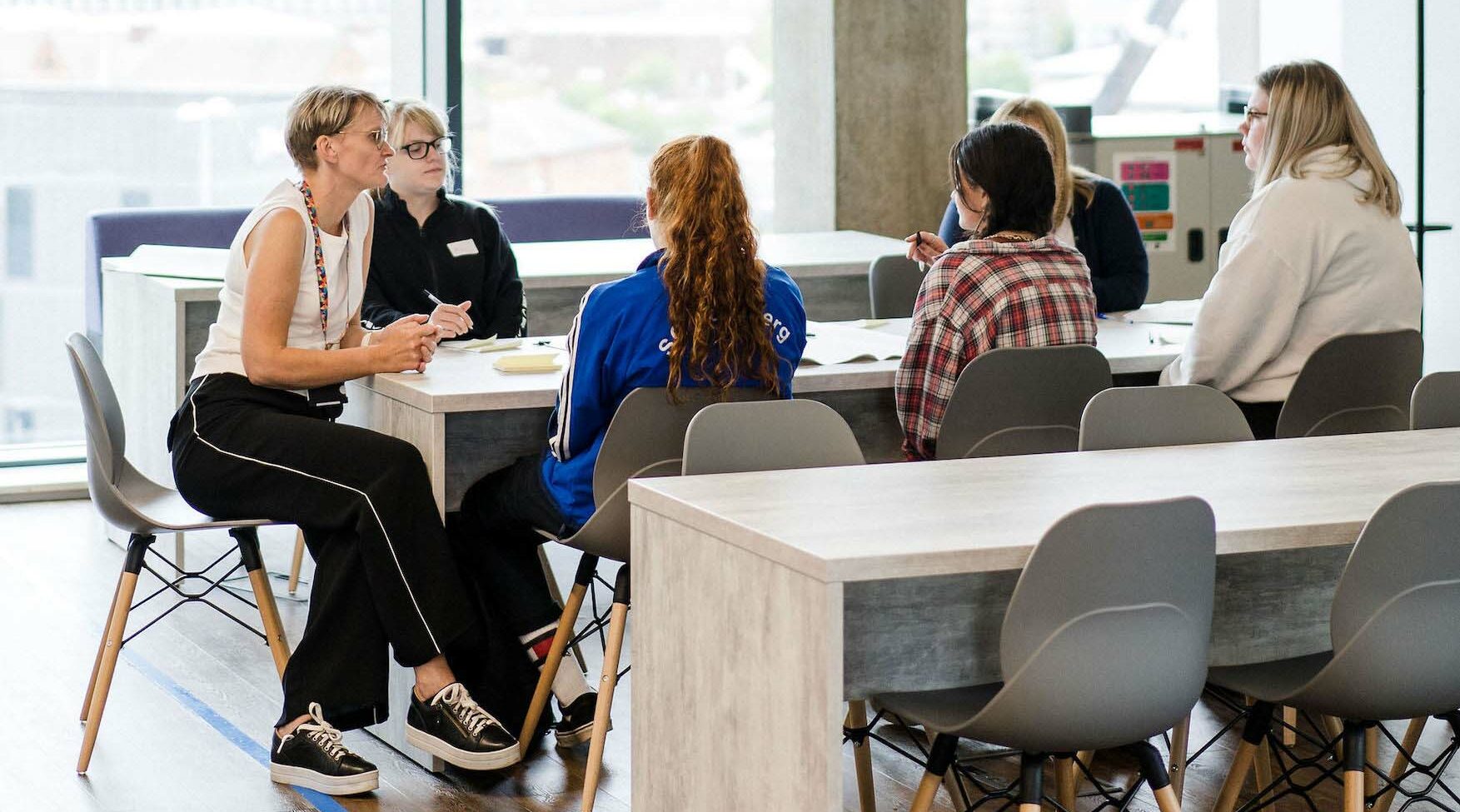


No results found.
Explore Leeds City College
- 14-16
- 16-18
- A Levels
- T Levels
- Apprenticeships
- Adult
- Access to HE
- Higher Education
- STEM
- Princes Trust
- Supported Engagement
X
Results
Provision
X
Campus
X
X
Home » T Levels at Leeds City College


